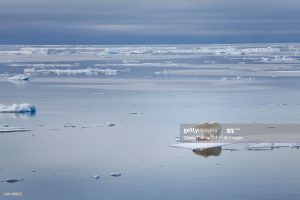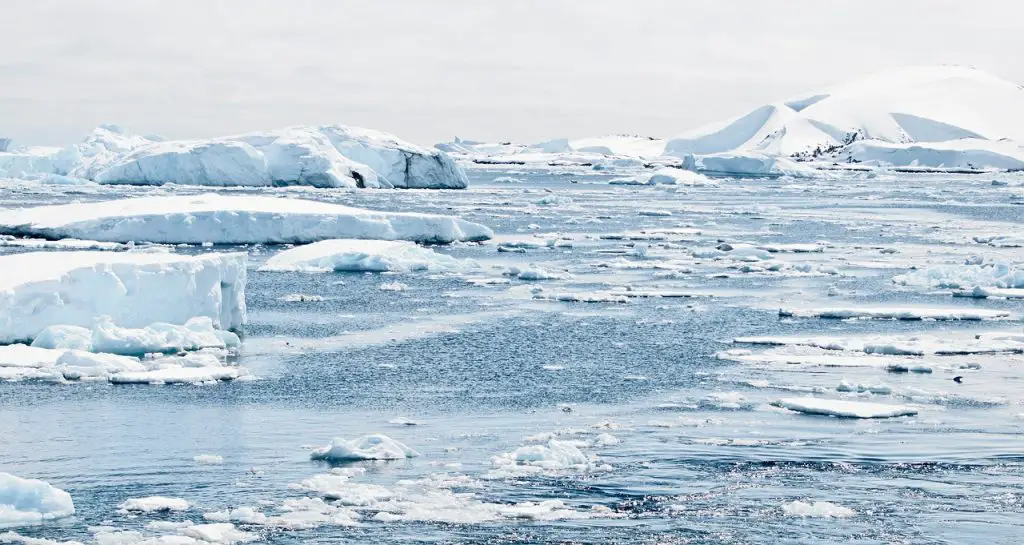Survivalism is a movement that focuses on being fully prepared for an unfavorable future situation. This perceived future problem might be related to the economy, natural disasters, or human-made disasters like bio-attacks.
However, one issue that seems to be very popular, not only among survivalists but also among scientists and other well-meaning schools of thought, is the issue of Global Warming.
The earth is our home, and even though remarkable technology leaders like Elon Musk and Jeff Bezos have made significant progress in getting other planets ready for habitation in the far future, this planet is all we have now.
Technology has given us a lot, and it has made life easier in so many ways, but the price of this advancement is being paid daily by mother earth. The rapid and continuous rise in sea levels is one of the direct effects of Global Warming.
This situation has caused many people (survivalists and otherwise) to start brainstorming on ways to survive rising sea levels.
This article has been put together to help you understand Global warming, the effects of rising sea levels, and how you can survive rising sea levels. Enjoy!
What is Global Warming?
Global warming is the continuous and rapid increase in the average surface temperature of the earth. This increase in temperature has had a ripple effect on the climate, and we see changes that have never before been witnessed in the history of the world.
Climate change has always been around, and it has happened time and time again, but it has never been influenced directly by human beings.
After the industrial revolution in the 18th century, governments, companies, and individuals began to burn fuels for different production purposes, and these processes involved releasing greenhouse gases into the atmosphere.
This action allowed us to advance technology and commerce in a rapid and unprecedented. Even though these advancements have made life significantly easier and more comfortable, we have paid for it with our homes.
The greenhouse gases that we consistently release into the atmosphere have had an enhanced greenhouse effect on the earth, and over the last 50 years, we have seen the temperature of the earth double.
Burning fossil fuels is not the only cause of global warming; another factor responsible is deforestation. Carbon dioxide makes up 90 percent of the greenhouse gases affecting the planet. Forests are capable of absorbing carbon dioxide and giving back the needed oxygen that human beings require.
However, due to technological advancement, forests have also been cut down aggressively for different purposes. This has further worsened the climate change debacle that we find ourselves in today.
Global warming has caused many environmental issues, and some of them include; an increase in planetary temperature, extreme weather conditions, melting of the polar regions, possible extinction of endangered species, ocean acidification, destabilization of the ecosystem, and rising sea levels, among others.
Causes and Effects of Rising Sea Levels
Since the 19th century, the sea levels around the world have risen by over 8 inches. One major cause of the rise in sea levels is ocean warming. When greenhouse gases are released, the oceans absorb them to reduce their effect on the planet’s overall climate.
This rise has continued to occur because of the consistent pouring of greenhouse gases into the atmosphere, and when this process happens, thermal expansion is inevitable.
Water expands when it is hot, and the oceans will need more space to accommodate the extra water. Another cause of rising sea levels is the melting glaciers.
The large snow mountains in the arctic regions are melting in proportions that have never been witnessed before.
This water flows back into the oceans, hence, the rising sea levels. Rising sea levels result from climate change, and climate change is being influenced majorly by global warming.
The common effects of rising sea levels include floods, weather anomalies, and destabilization of the ecosystem. People will be forced to move to higher ground to stay safe from flooding and Hurricanes.
Cities near the ocean coast have witnessed more floods in the last 25 years than they have in previous times. Weather anomalies like tsunamis and storm surges are also more common than they were in the past.
Ocean habitats like sea turtles and fishes might also go extinct from lack of a suitable home.
You may be interested in
| Survival Greenhouse: Hydroponics and Aquaponics Farming |
| How to Survive an Encounter with Dangerous Animals after a Disaster |
| What is the Survival Rule of Threes? |
Is It Possible to Survive Rising Sea Levels?
As an individual, the best way to survive rising sea levels is to relocate to higher ground. However, that move might be effective today, but we will probably have nowhere else to go in a few decades.
The question now is that “is it possible to survive rising sea levels?”
The answer is yes. Cities affected by rising sea levels have found ways to manage the situation and keep their people safe. One of the methods adopted by these cities is the building of demarcations.
These walls are not made of the traditional brick and mortar but from dikes, pumping systems, bulkheads, and seawalls.
Cities or communities that depend on their beaches for commerce cannot build walls. What they can do is elevate the land. Elevating the land involves filling beaches so that the water level doesn’t overrun it.
Another step that we can take to survive rising sea levels is to learn how to turn salt water into drinking. Saltwater is already seeping into our natural freshwater reserve, and learning how to do this will ensure that we have clean water to keep drinking.
Learn more about weather conditions and how to face them HERE.
Conclusion
Global warming is a huge problem in the world today, and all of us have to come together to stop it from destroying our planet and our future. Rising sea levels are an immediate symptom of climate change, and navigating it will give us more insight into how to deal with future challenges.
Human beings have survived for this long under different conditions; we will surely find a way to manage climate change. In your little way, try to keep the planet safe.
If you have any queries feel free to reach out in the comments section below.
Learn more about survival tips, tricks, and more HERE.



